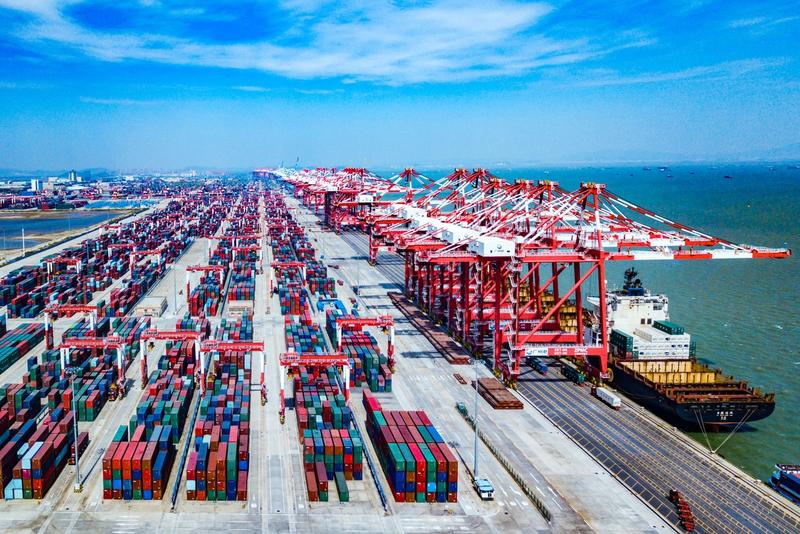FOCUS ON HOT SPOTS
Navigating the Seas: The Application of Maritime shipping in Modern Trade
Published:
2025-10-11
Discover how Maritime shipping, or maritime shipping, plays a crucial role in global trade and logistics.
Introduction to Maritime shipping
When you think about global trade, what comes to mind? Containers? Cargo ships? Well, if you're like most people, you might picture a bustling port with enormous vessels docking and unloading. That's the magic of Maritime shipping, or maritime shipping. This age-old method of transporting goods by sea is still the backbone of international trade today. Buckle up, as we dive into the various applications of maritime shipping!
The Backbone of Global Trade
Imagine a world without maritime shipping. Yikes, right? Roughly 90% of the world's trade relies on this mode of transport. From electronics to clothing, everything travels via sea routes. It's efficient, cost-effective, and allows for bulk transport of goods. So, whether you're sipping coffee from Brazil or wearing jeans from China, it's likely that maritime shipping has played a role in bringing those products to your doorstep.
Environmental Considerations
Now, let's not sugarcoat it; maritime shipping isn't without its environmental impact. However, advancements in technology have led to greener practices. Ships are becoming more energy-efficient, and the use of alternative fuels is gradually increasing. For instance, some modern vessels are now equipped with systems that reduce emissions significantly. Talk about sailing into the future!
Innovation on the High Seas
Speaking of the future, innovations in maritime shipping are sprouting like daisies in spring. Take autonomous ships, for instance. They are no longer just a concept from sci-fi movies! Companies are investing in research to make this a reality, aiming for safer and more efficient maritime transport.
The Role of Technology
In today's fast-paced world, technology is key. Logistics companies are now employing sophisticated tracking systems. You can literally track your package from the moment it leaves the port until it arrives at your front door. This transparency builds trust and enhances customer satisfaction. Plus, with the rise of e-commerce, the demand for quick and reliable maritime shipping solutions has skyrocketed!
Challenges Ahead
But wait, it's not all smooth sailing. The maritime industry faces challenges, such as piracy, regulatory hurdles, and fluctuating fuel prices. These factors can complicate operations and affect shipping schedules. Nevertheless, the industry continues to adapt and evolve, showcasing resilience and ingenuity.
Real-World Applications of Maritime shipping
Let's zoom in on some specific applications of maritime shipping. First off, think about bulk goods, like oil or grains. These products are typically transported in specialized ships designed to carry large volumes. Then there's the ever-popular container shipping, which revolutionized the way goods are transported. By standardizing cargo sizes, shipping became more efficient than ever!
The Future of Maritime Shipping
As we look toward the horizon, it's clear that maritime shipping will continue to adapt to the changing tides of global trade. With sustainability at the forefront of many discussions, the industry is likely to see more innovations aimed at reducing its environmental footprint. Plus, with international trade expanding, the demand for efficient maritime logistics will only grow.
Conclusion: Why Maritime shipping Matters
So, there you have it! Maritime shipping, or Maritime shipping, is more than just a method of transportation; it's a vital component of our global economy. As we navigate the complexities of trade and environmental concerns, one thing is for sure: the open seas will remain a bustling highway for goods and services for many years to come. So next time you unwrap a parcel, think of the incredible journey it took across the waves!








